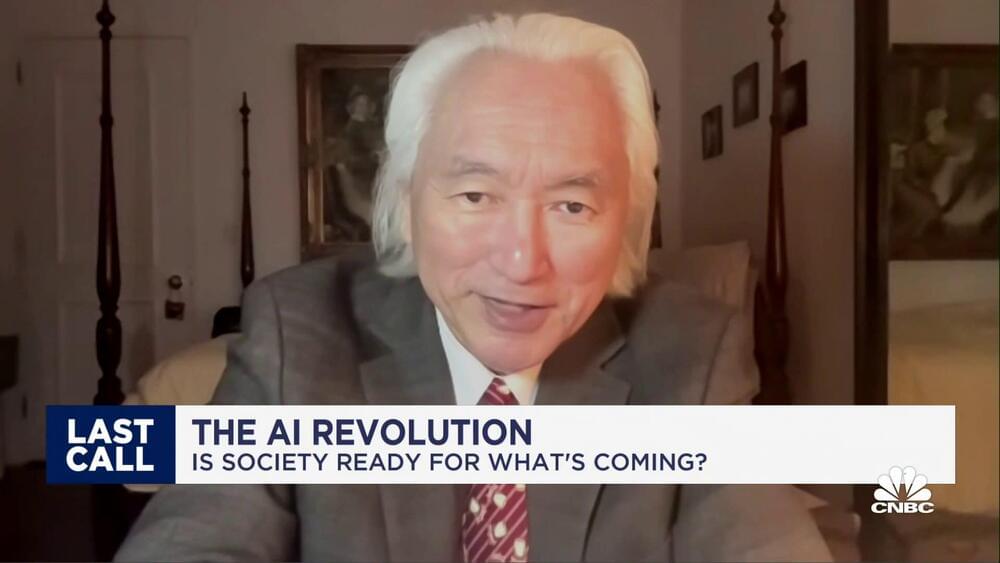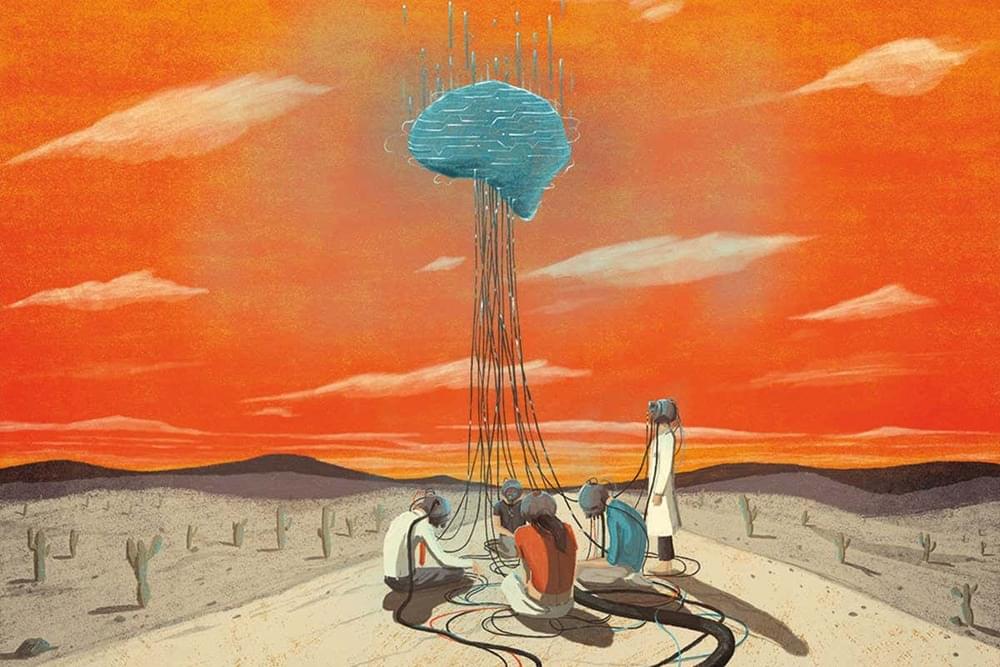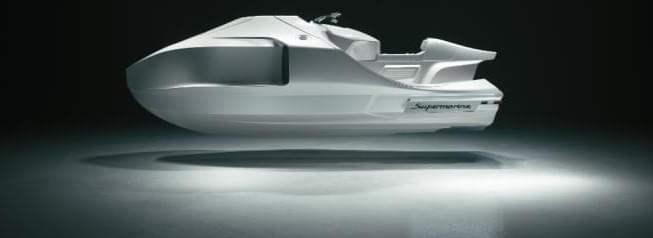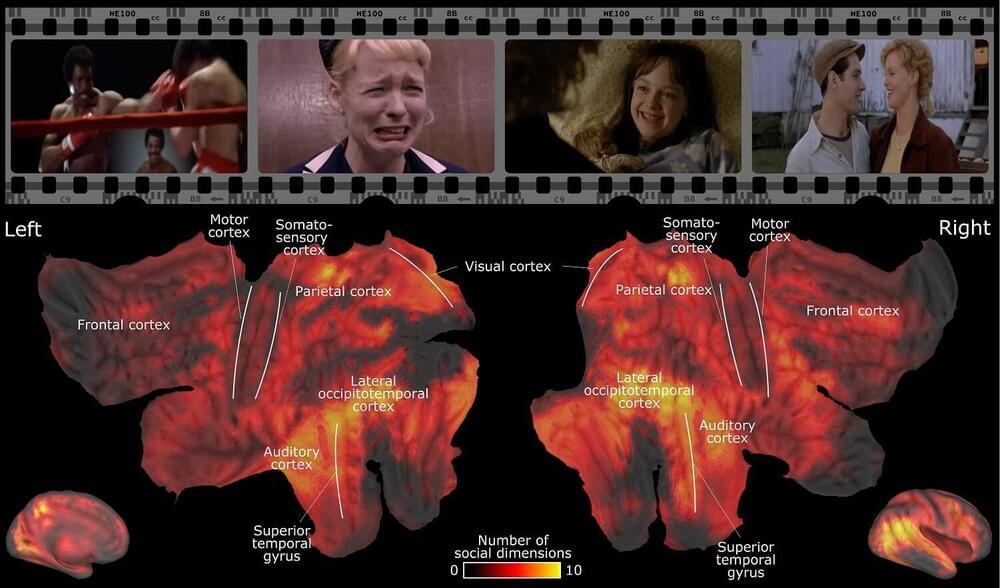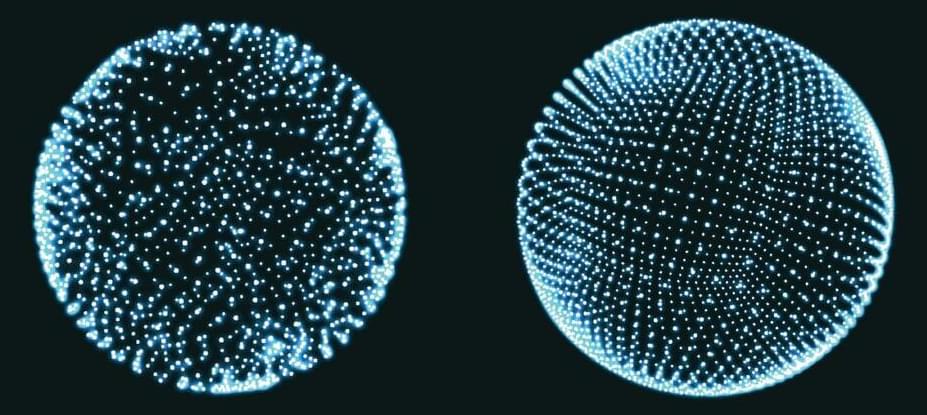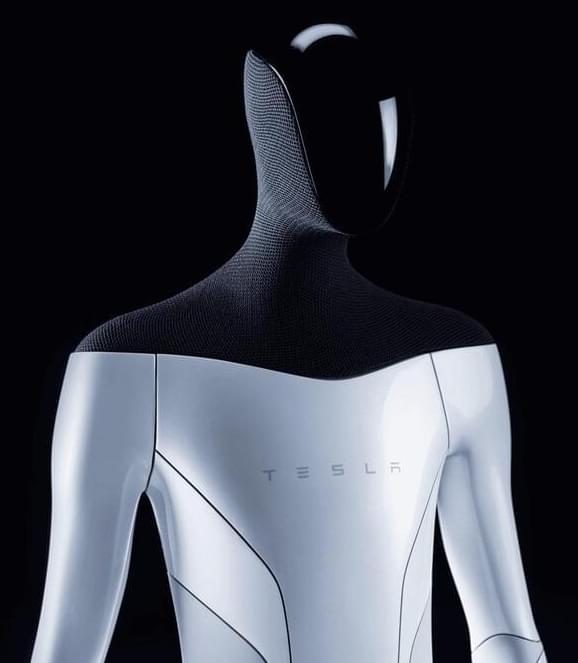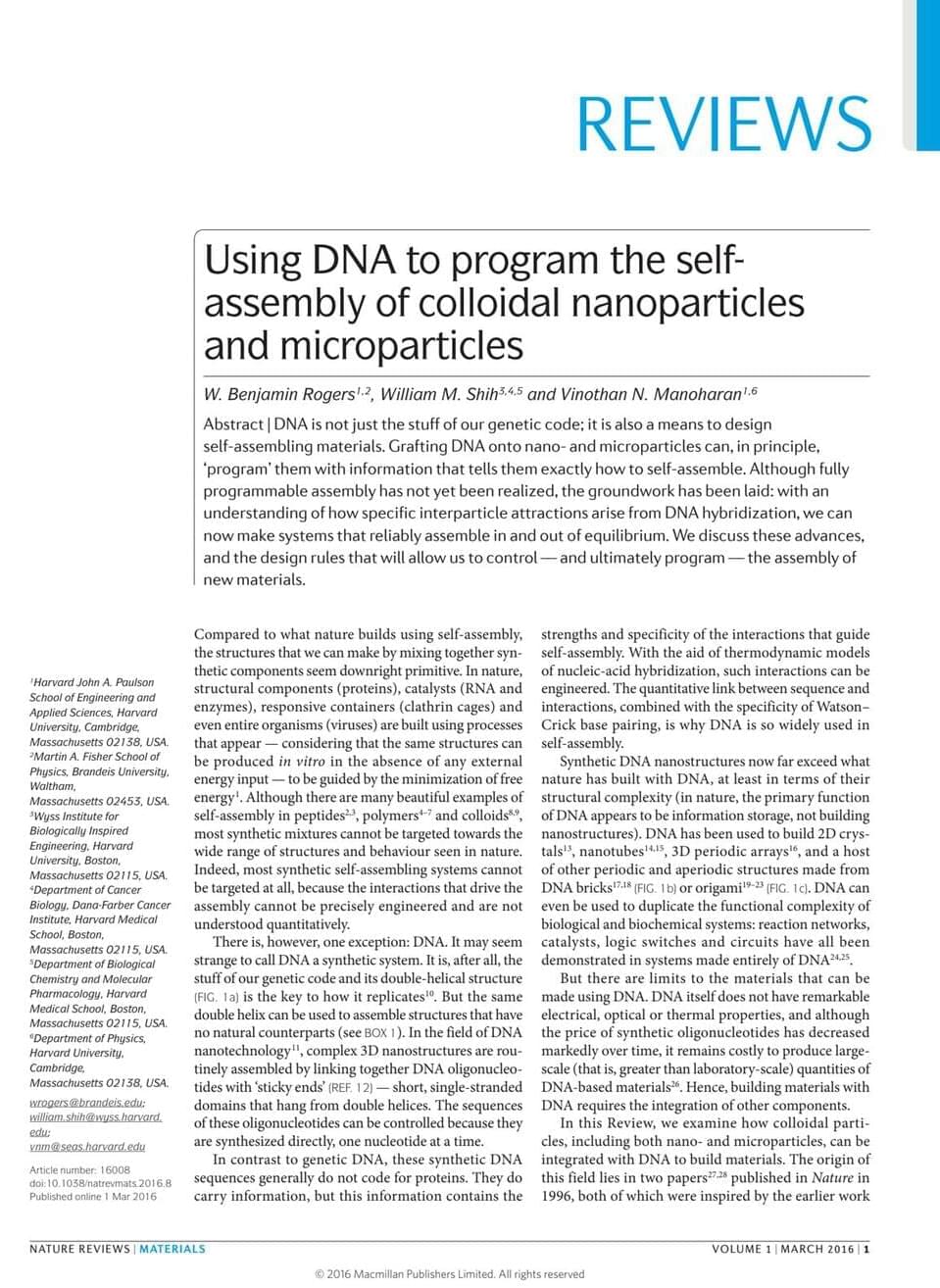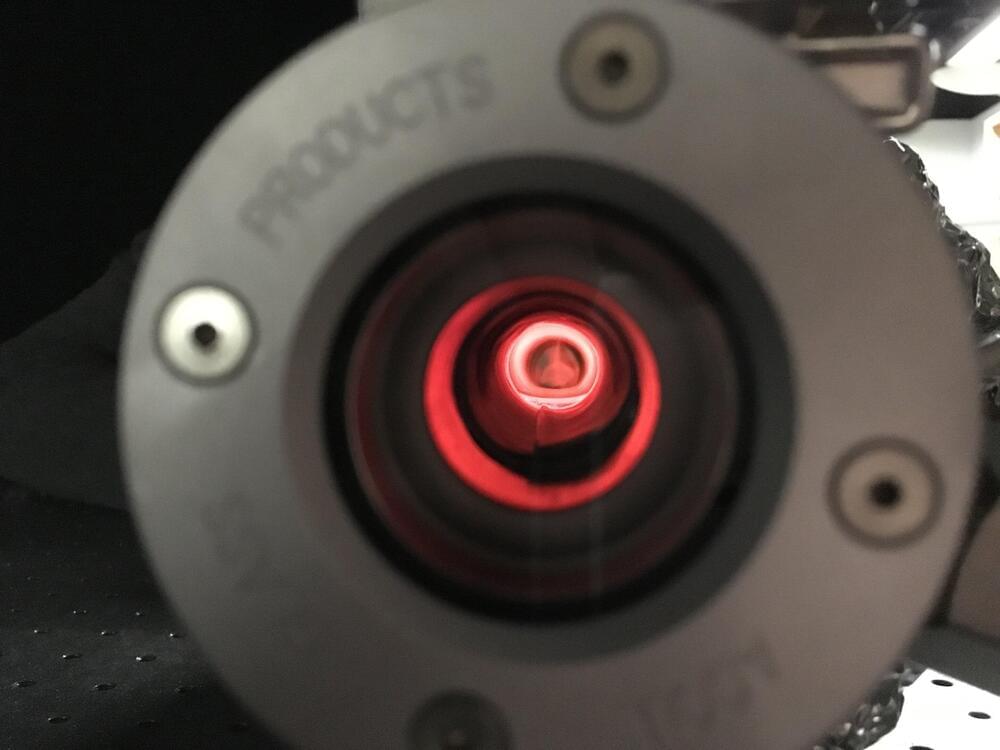Michio Kaku, professor of theoretical physics at the City University of New York, Nilay Patel of The Verge, and Ethan Millman of the Rolling Stone discuss the future of artificial intelligence amid growing controversy. Hosted by Brian Sullivan, “Last Call” is a fast-paced, entertaining business show that explores the intersection of money, culture and policy. Tune in Monday through Friday at 7 p.m. ET on CNBC.
Existential risk from AI is admittedly more speculative than pressing concerns such as its bias, but the basic solution is the same. A robust public discussion is long overdue, says David Krueger
“This is to a jet ski what a hypercar is to a car,” said its designer. Sculpted in carbon fiber, the Supermarine MM01 has a 75 mph top end.
Experiments show ease by which organisms can evolve the ability to harness sunlight for energy.
A recent study conducted at the University of Turku in Finland shows that different people have similar brain activity when perceiving social situations. Researchers discovered an extensive neural network in the human brain that effectively processes various social information.
Social interaction is central to all aspects of human life. Interaction requires the perception and interpretation of the social environment as well as flexible reacting to other people’s behavior. The human brain is capable of such perception and decision-making automatically and rapidly. However, the social information processing mechanisms of the brain remain unresolved.
The study conducted at the Turku PET Centre revealed an extensive neural network in the human brain that processes various social information. The study showed that the social perceptual world of humans consists of a limited set of main dimensions, such as antisocial behavior, sexual or affiliative behavior, and communication. These social dimensions are processed in various brain regions located mainly in the back of the brain, more specifically in the occipital and temporal lobes.
A superfluid neutrino radio telescope could scan the entire universe in seconds.
A team including physicists of the University of Bern has for the first time detected subatomic particles called neutrinos created by a particle collider, namely at CERN’s Large Hadron Collider (LHC). The discovery promises to deepen scientists’ understanding of the nature of neutrinos, which are among the most abundant particles in the universe and key to the solution of the question why there is more matter than antimatter.
Neutrinos are fundamental particles that played an important role in the early phase of the universe. They are key to learn more about the fundamental laws of nature, including how particles acquire mass and why there is more matter than antimatter. Despite being among the most abundant particles in the universe they are very difficult to detect because they pass through matter with almost no interaction. They are therefore often called “ghost particles.”
Neutrinos have been known for several decades and were very important for establishing the standard model of particle physics. But most neutrinos studied by physicists so far have been low-energy neutrinos. Previously, no neutrino produced at a particle collider had ever been detected by an experiment. Now, an international team including researchers from the Laboratory for High Energy Physics (LHEP) of the University of Bern has succeeded in doing just that. Using the FASER particle detector at CERN in Geneva, the team was able to detect very high energy neutrinos produced by brand a new source: CERN’s Large Hadron Collider (LHC). The international FASER collaboration announced this result on March 19 at the MORIOND EW conference in La Thuile, Italy.
A team led by physicists from Oxford University analyzed data from the Large Hadron Collider (LHC) and discovered that a subatomic particle can switch between matter and antimatter, a report by New Atlas explained.
Antimatter, which is differentiated by having the opposite charge to normal matter, is composed of the antiparticles of normal matter. Some particles oscillate between being matter and antimatter via superposition, as illustrated by the thought experiment of Schrödinger’s cat.
In a world-first discovery, it was found that the charm meson, a subatomic particle made out of a charm quark and an antiquark, can travel as a mixture of their particle and antiparticle states, all the while spontaneously switching between the two. The finding is detailed on the preprint server arXiv.
When used at home, it might take care of your yard, and even your grandparents, as Musk suggests in his piece, Believing in technology for a better future, in the Cyberspace Administration of China’s publication:
Tesla Bots are initially positioned to replace people in repetitive, boring, and dangerous tasks. But the vision is for them to serve millions of households, such as cooking, mowing lawns, and caring for the elderly.
The Tesla Bot is supposed to free up labor that you don’t want to do yourself. Since we already have machines that help us do all kinds of tasks (think: vehicles, dishwashers, forklifts), where it’d really succeed is when AI is used. That way, it can learn and recognize what needs to be done, and then do it for you by completing those last-step actions (driving to the store to get something, loading the dishwasher, etc.).
DNA and self assembly of nanoparticles.
Dropbox is a free service that lets you bring your photos, docs, and videos anywhere and share them easily. Never email yourself a file again!
In the future, communications networks and computers will use information stored in objects governed by the microscopic laws of quantum mechanics. This capability can potentially underpin communication with greatly enhanced security and computers with unprecedented power. A vital component of these technologies will be memory devices capable of storing quantum information to be retrieved at will.
Virginia Lorenz, a professor of physics at the University of Illinois Urbana-Champaign, studies Lambda-type optical quantum memory devices, a promising technology that relies on light interacting with a large group of atoms. She is developing a device based on hot metallic vapor with graduate student Kai Shinbrough.
As the researchers work towards a practical device, they are also providing some of the first theoretical analyses of Lambda-type devices. Most recently, they reported the first variance-based sensitivity analysis describing the effects of experimental noise and imperfections in Physical Review A.
